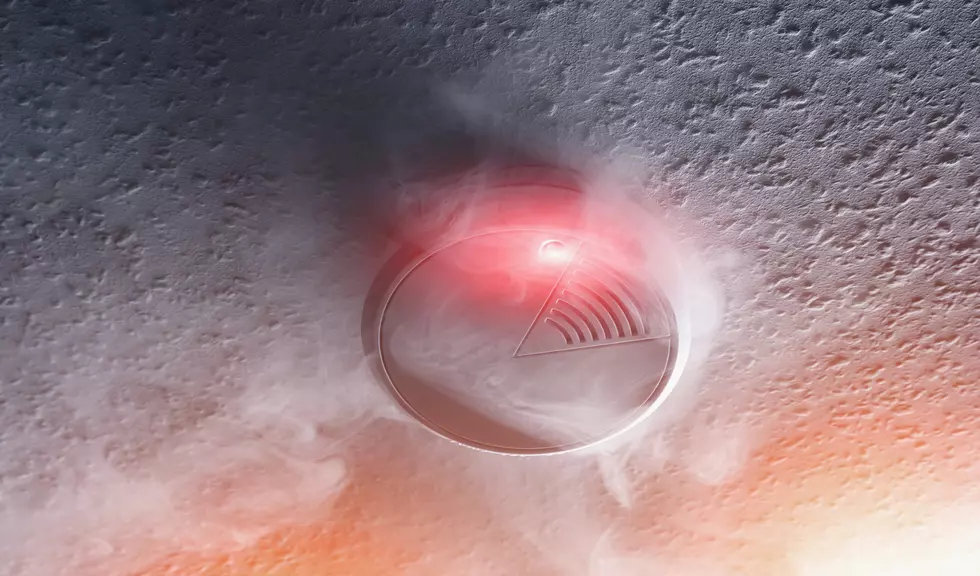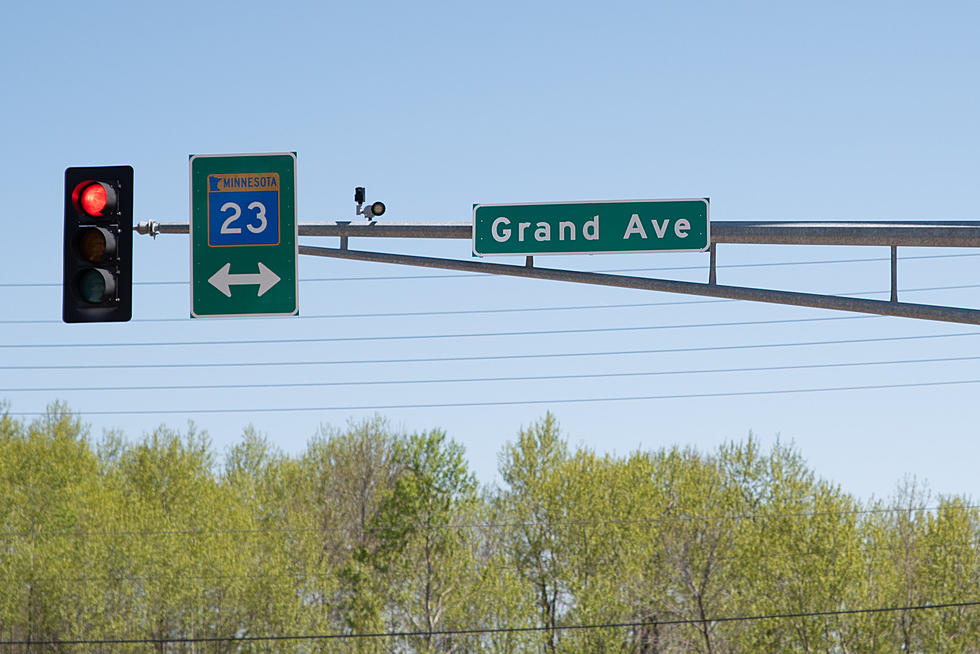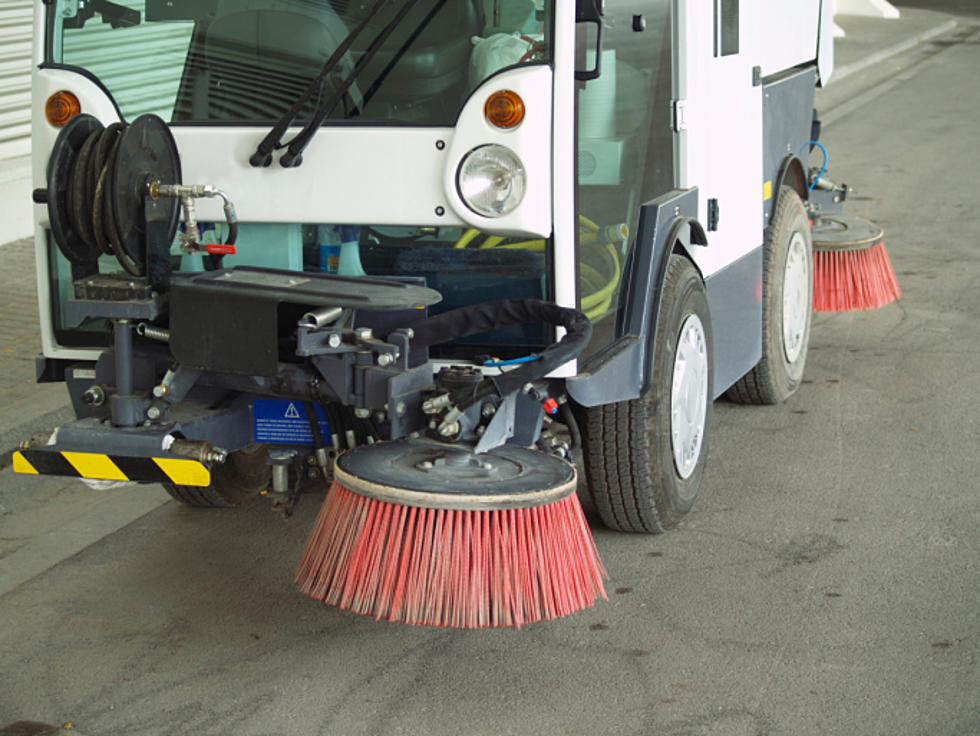
St. Louis Cty Sheriff’s Department Offers Carbon Monoxide Warning
As many in the Northland start to turn on their boilers, furnaces, and other heating appliances for the season, the St. Louis County Sheriff's Department offers a warning about Carbon Monoxide safety. Any fuel that is burned gives off Carbon Monoxide; the risk comes from indoor appliances that aren't properly vented.
The sheriff's office released the following words of caution:
Carbon monoxide is a colorless, odorless, tasteless gas produced by burning gasoline, wood, propane, charcoal or other fuel. Improperly ventilated appliances and engines, particularly in a tightly sealed or enclosed space, may allow carbon monoxide to accumulate to dangerous levels. Carbon monoxide poisoning can cause tissue damage and death. Improperly installed or maintained appliances can also emit this gas. Please check C02 detectors for properly function and replace batteries as needed. If you suspect you may have a carbon monoxide leak or issue, contact your local fire department.
If you can't smell a Carbon Monoxide problem - how do you recognize one? Well, there are signs you can look for. The Center For Disease Control and Prevention offers the following items:
The most common symptoms of CO poisoning are headache, dizziness, weakness, upset stomach, vomiting, chest pain, and confusion. CO symptoms are often described as “flu-like.” If you breathe in a lot of CO it can make you pass out or kill you. People who are sleeping or drunk can die from CO poisoning before they have symptoms.
There are ways you can prevent CO poisoning in your home:
- Install a battery-operated or battery back-up CO detector in your home and check or replace the battery when you change the time on your clocks each spring and fall.
- Have your heating system, water heater, and any other gas, oil, or coal burning appliances serviced by a qualified technician every year.
- Do not use portable flameless chemical heaters indoors.
- If you smell an odor from your gas refrigerator have an expert service it. An odor from your gas refrigerator can mean it could be leaking CO.
- When you buy gas equipment, buy only equipment carrying the seal of a national testing agency, such as Underwriters’ Laboratories.
- Make sure your gas appliances are vented properly. Horizontal vent pipes for appliances, such as a water heater, should go up slightly as they go toward outdoors, as shown below. This prevents CO from leaking if the joints or pipes aren’t fitted tightly.
- Have your chimney checked or cleaned every year. Chimneys can be blocked by debris. This can cause CO to build up inside your home or cabin.
- Never patch a vent pipe with tape, gum, or something else. This kind of patch can make CO build up in your home, cabin, or camper.
- Never use a gas range or oven for heating. Using a gas range or oven for heating can cause a build up of CO inside your home, cabin, or camper.
- Never burn charcoal indoors. Burning charcoal – red, gray, black, or white – gives off CO.
- Never use a portable gas camp stove indoors. Using a gas camp stove indoors can cause CO to build up inside your home, cabin, or camper.
- Never use a generator inside your home, basement, or garage or less than 20 feet from any window, door, or vent.
- When using a generator, use a battery-powered or battery backup CO detector in your home.
More From KOOL 101.7









